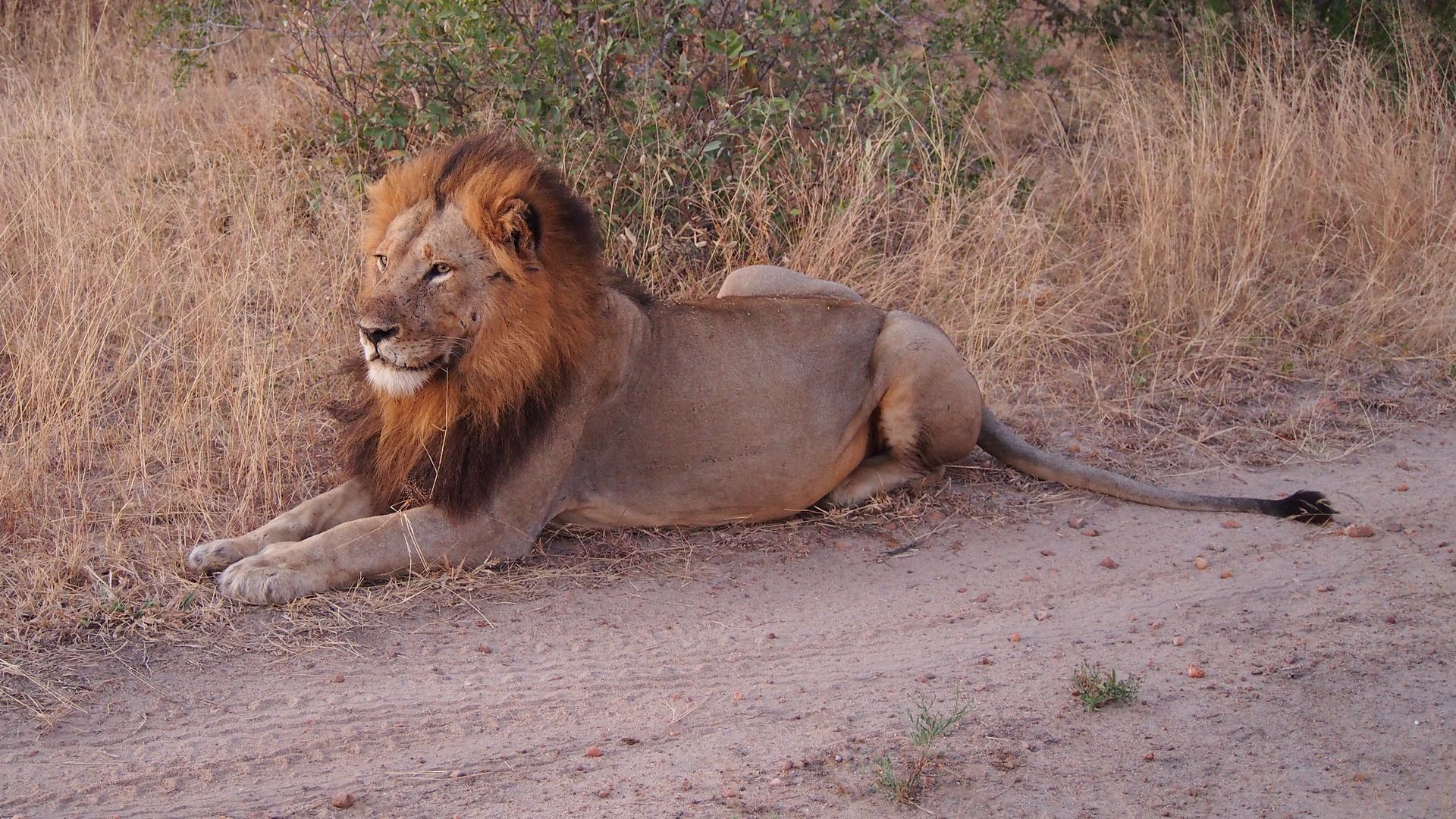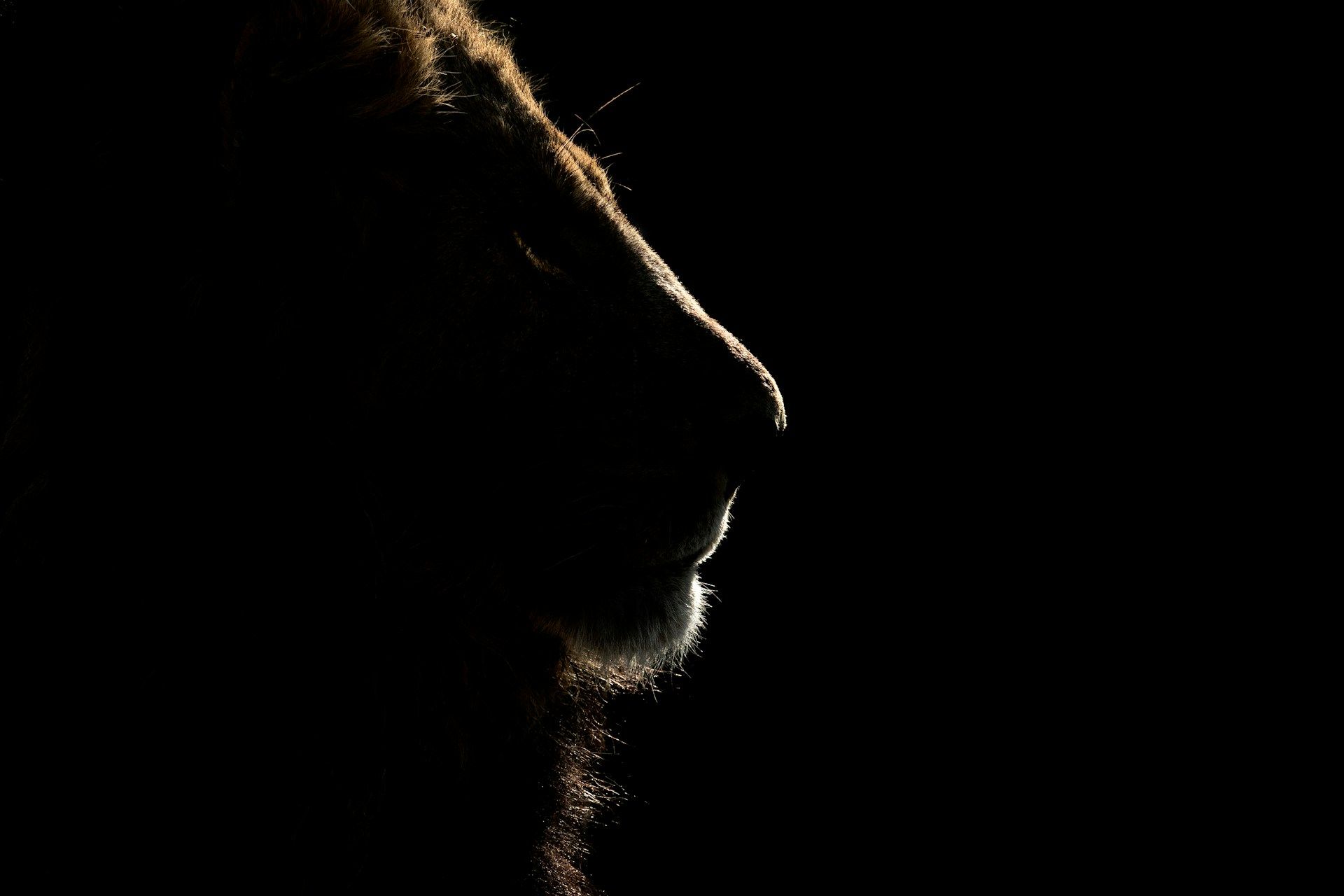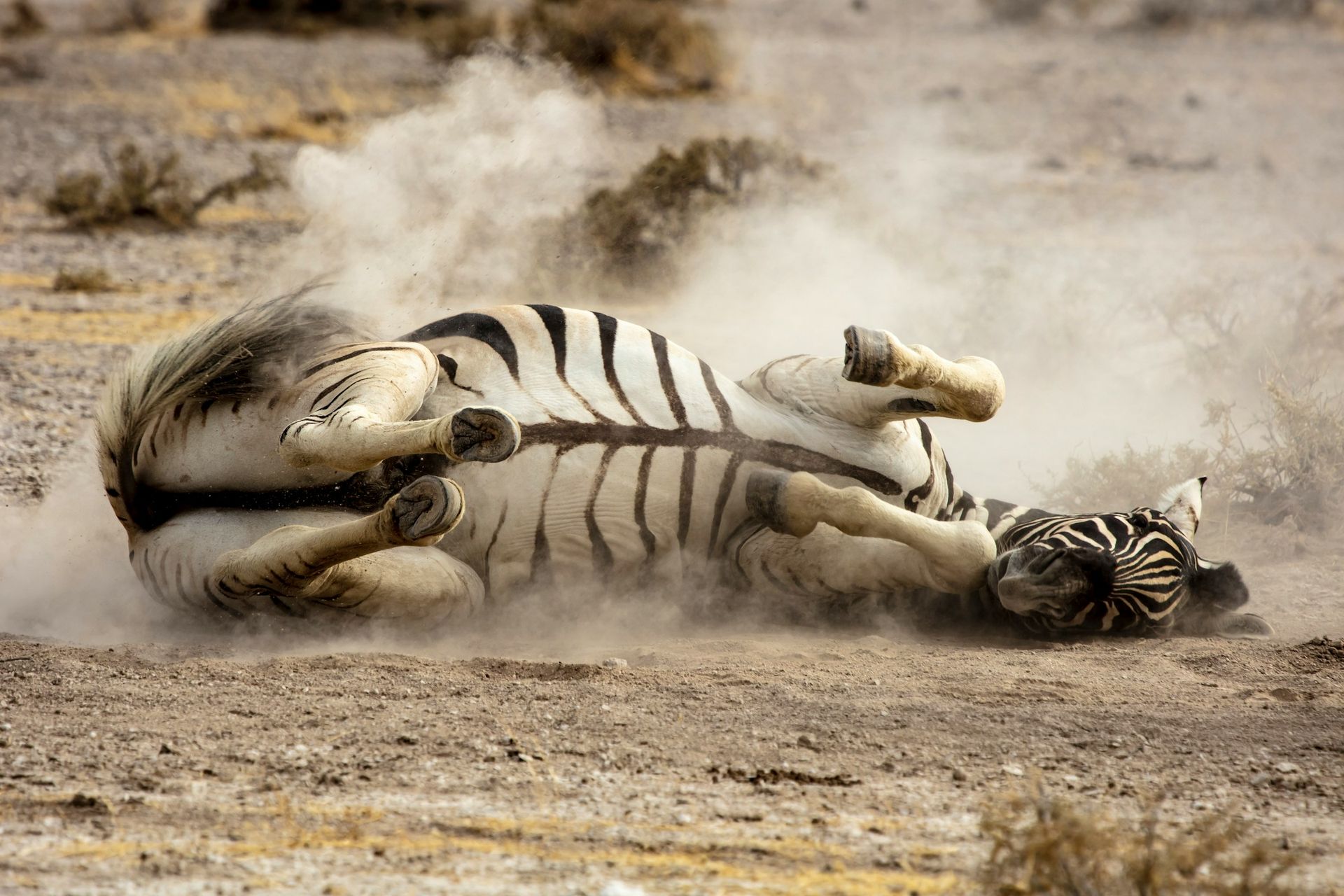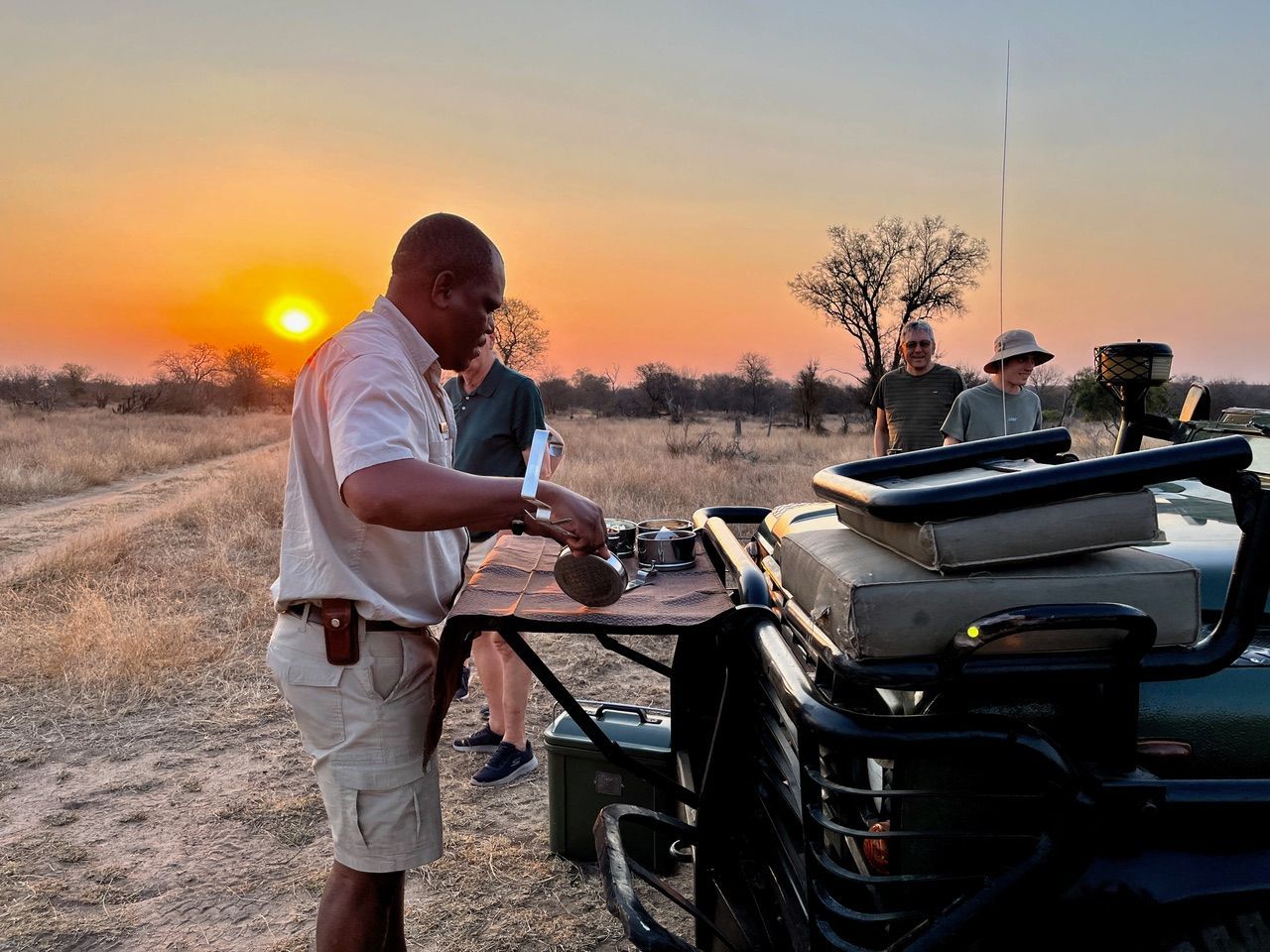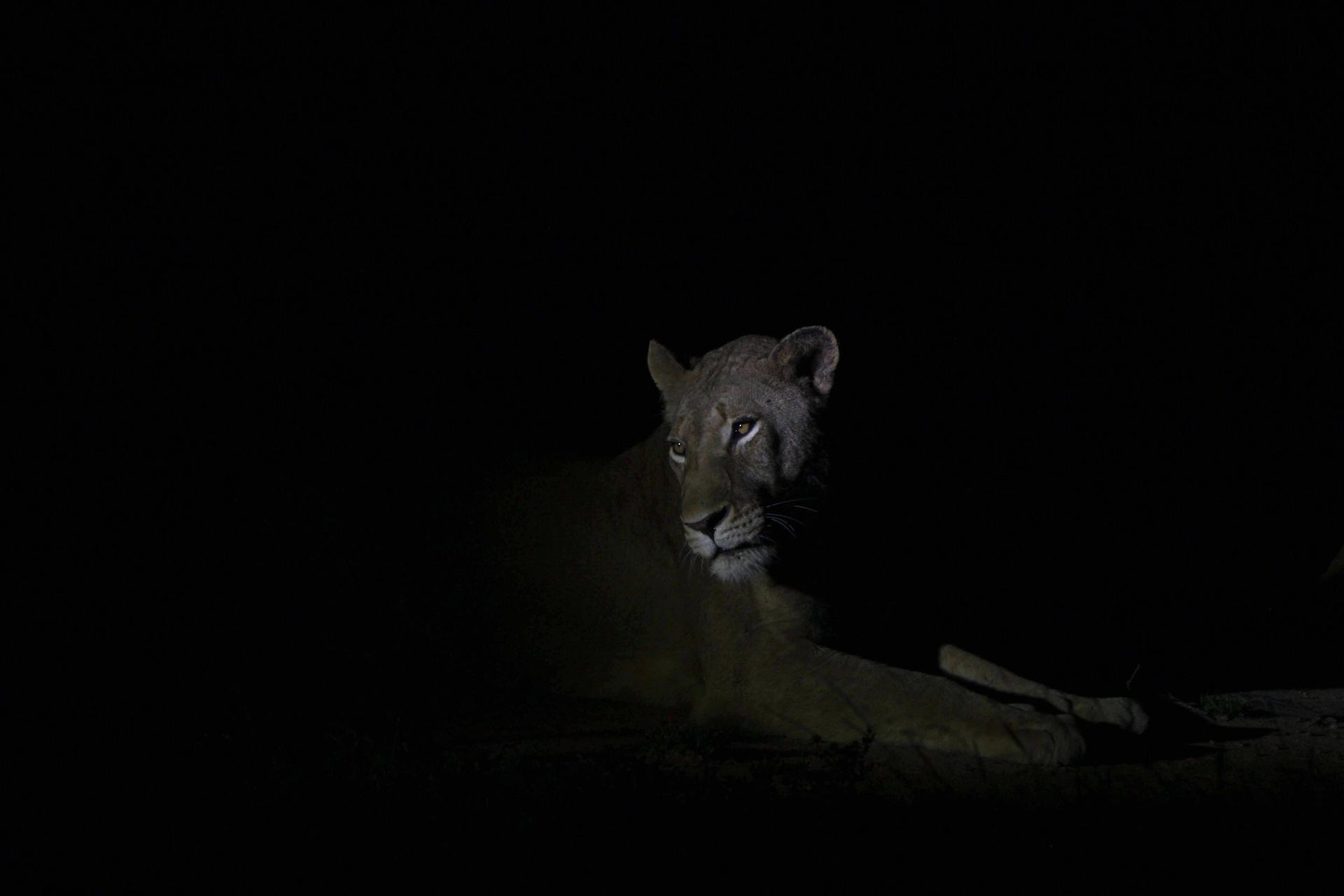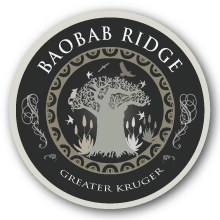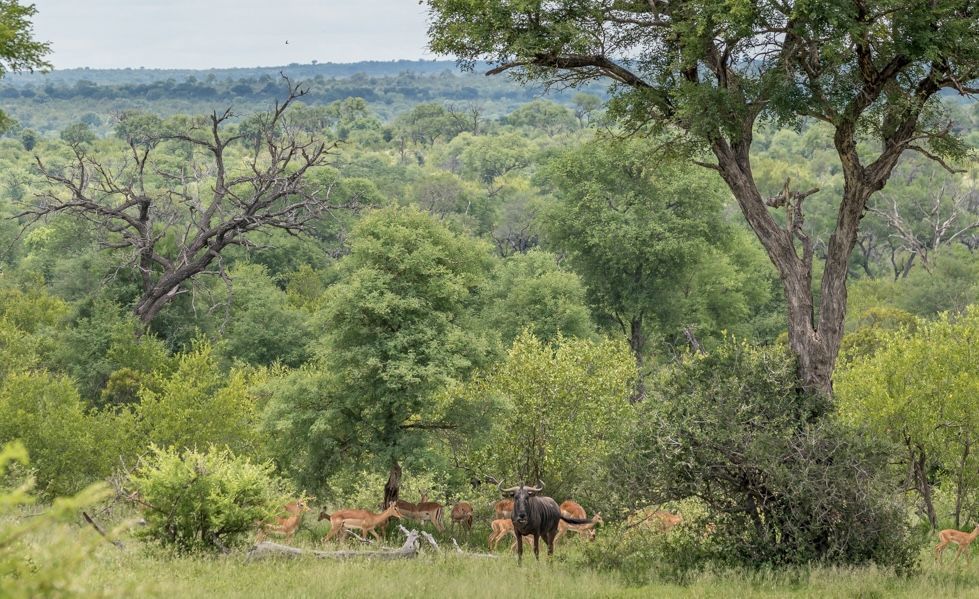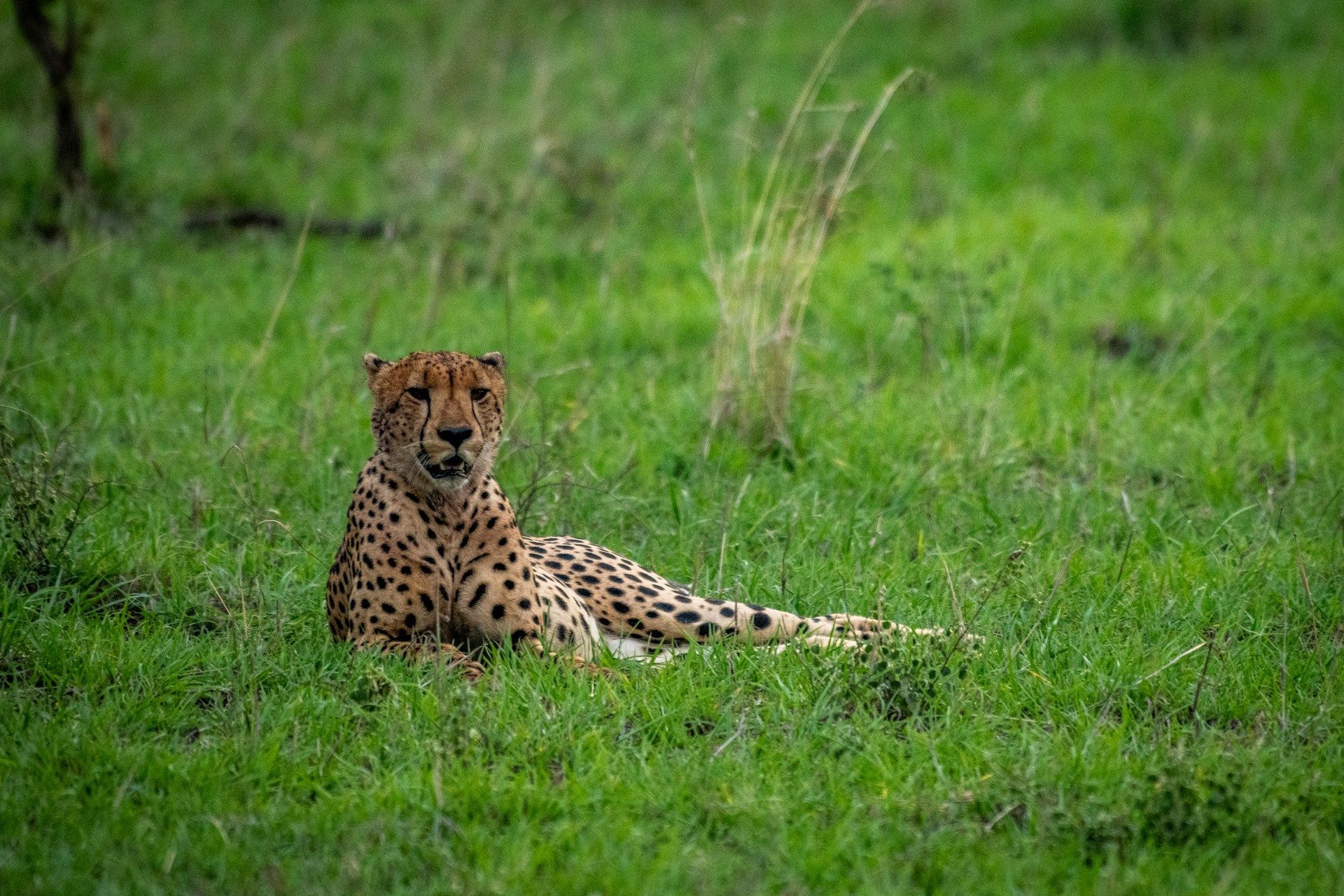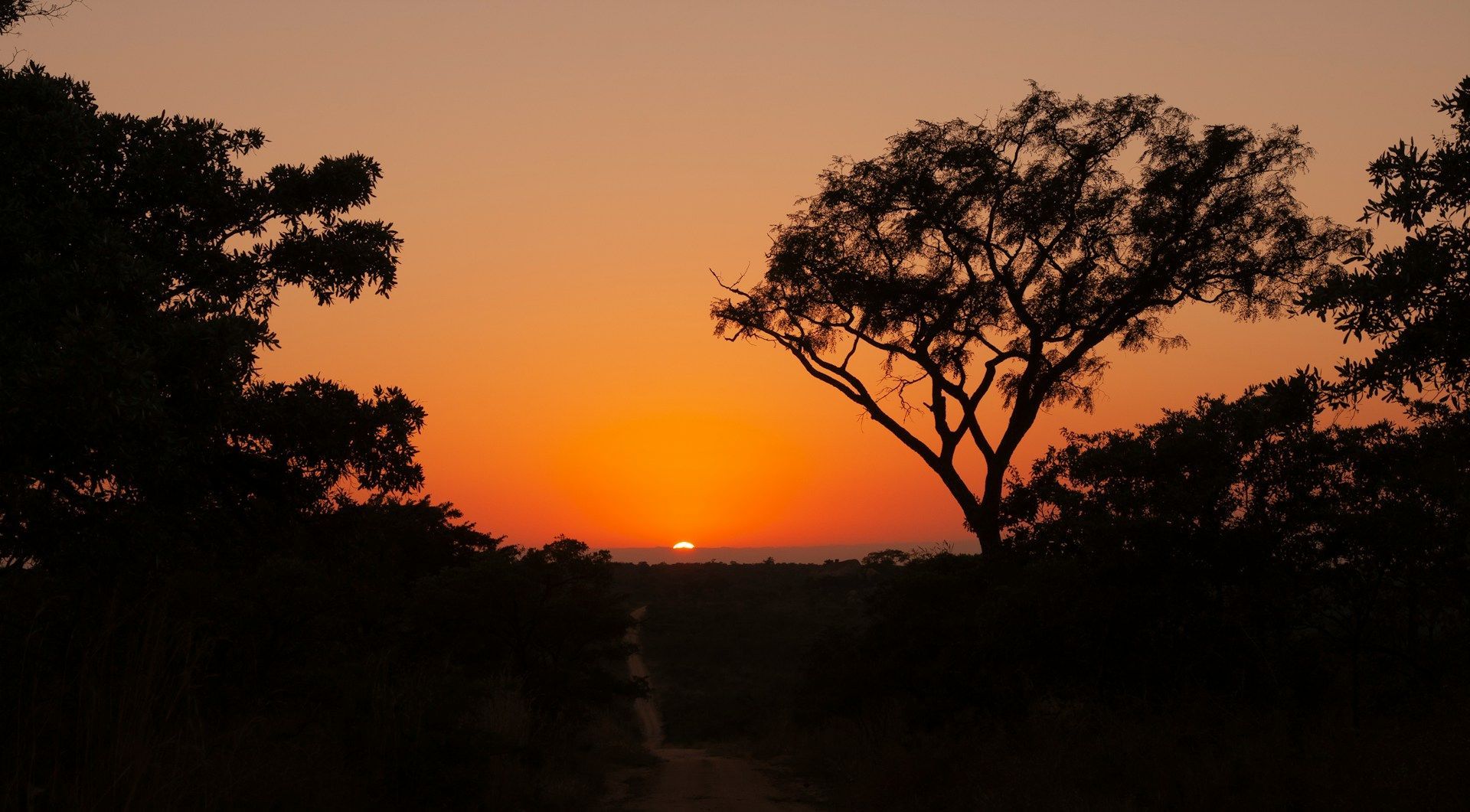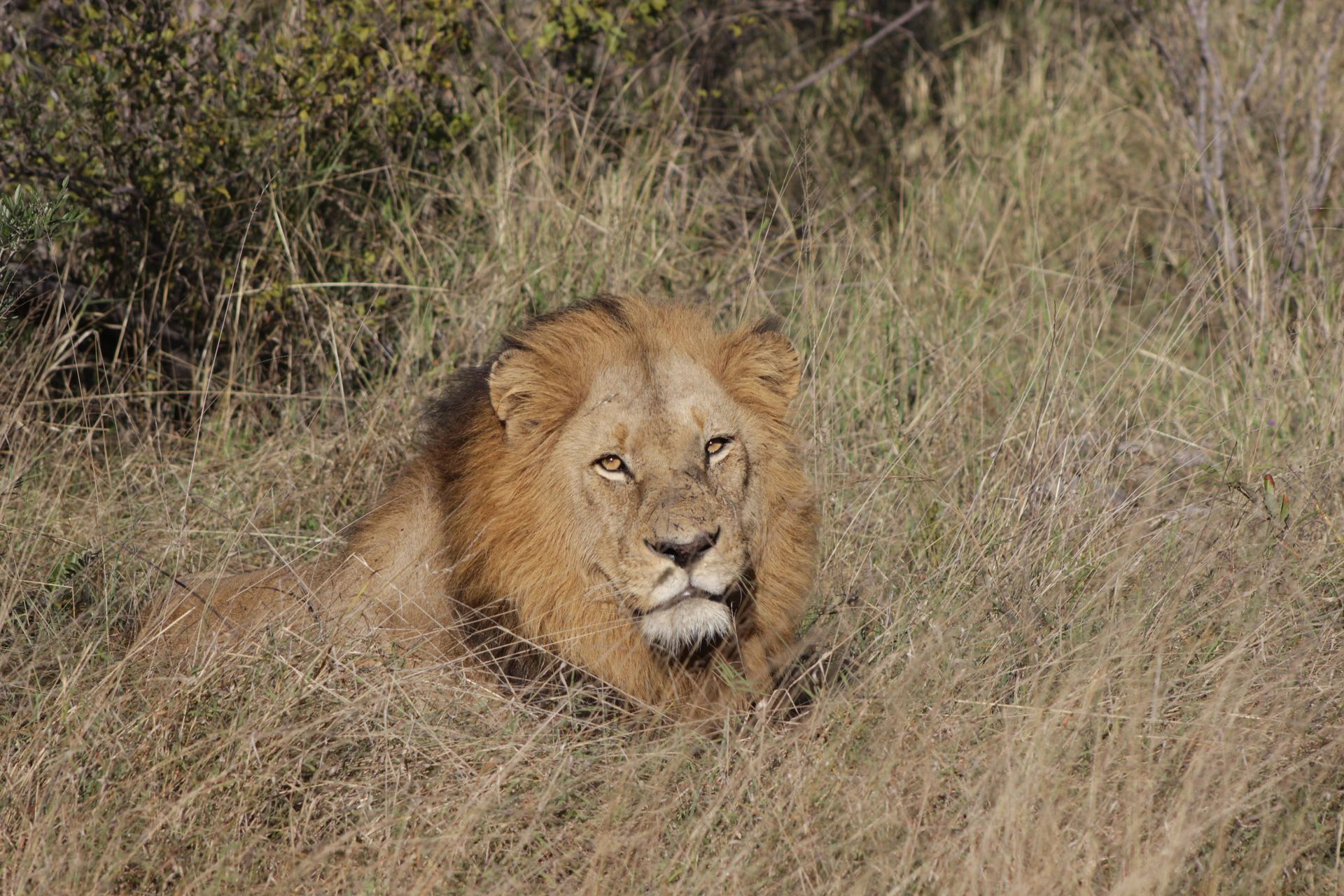From mine worker to master safari guide!
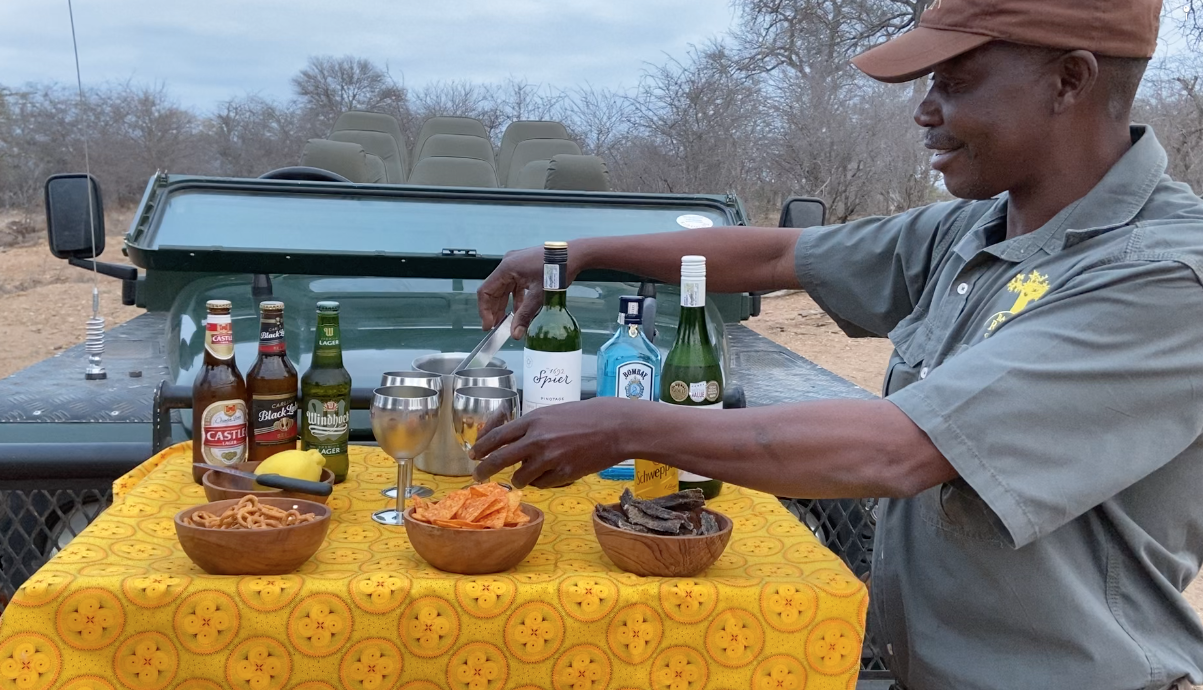
Baobab Ridge safari guide David Mathonsi stops his vehicle and peers intently into the bush ahead... "There's a leopard!" he whispers... Sure enough, through the tangle of branches I spot the wave of a white-tipped tail and the mottled pattern of spots as said big cat moves through the undergrowth, soon disappearing from sight.
It's an epic spot, and one that helps David to maintain his record as Baobab Ridge's "leopard king". "I'm just really good at finding them," he laughs. "And lucky, too!"
Life wasn't always this lucky for David, 55, who was born over in the Manyeleti where he grew up and went to school. "I left high school early and got a job as a mine worker, eventually moving to Carletonville near Johannesburg on the gold-rich West Rand of Gauteng," he says.
"I spent the next period of my working life underground, which was very challenging, working in very difficult conditions. Eventually, it got too much for me and I began to think of ways I could leave mining and find work in the open air. After you have spent so much time deep underground, you need to see blue sky and breathe fresh air," he says wisely.
"I realised that I could get a job close to where I was born, working as a tracker in the safari industry, so I left the mine and began as a trainee tracker at a safari lodge not far from here, learning my craft," he says.
"From there I got qualified and came to work in the Timbavati at one of the first commercial lodges that was built there. I worked very hard and was promoted to guiding, doing my guiding training there and going to guide school where I completed my FGASA Level 2 qualifications," says David proudly.
"In those days I used to help out here at Baobab Ridge on my off days and eventually came here permanently, starting full-time in 2015. It was wonderful to become connected to the bush and to find my calling here in the wilderness so close to where I was born and raised. I hated being underground in the mines. I felt I was suffocating. I just love the bush and it's an important part of my heritage as a Shangaan man," he explains.
"I was very proud to learn about the bush. As a Shangaan man it is something we all learn, especially tracking," says David. "I used to follow my grandfather's cattle and learned to track them. Each cow had a unique track and I learned to tell the difference between them.
When I started learning tracking in the Timbavati, it felt wonderful and very exciting. I felt like I was coming home. I used to love Johannesburg as a young man, but now I hate the city.
"It's also important as Shangaan people that we keep our traditions alive," adds David. "We have a long history and heritage with the bush here, and it's important to keep up with this and learn about the importance of protecting the wilderness and our heritage. It's our future."
